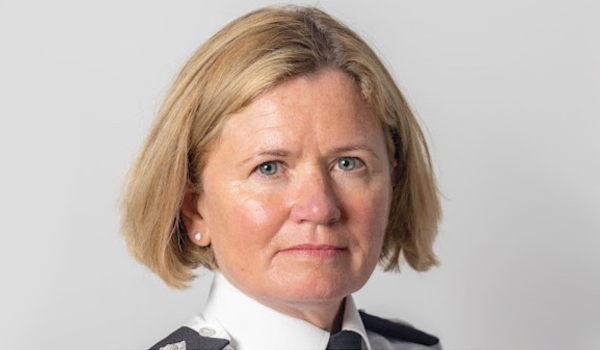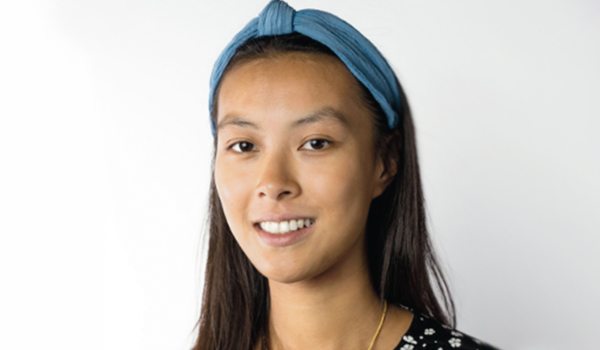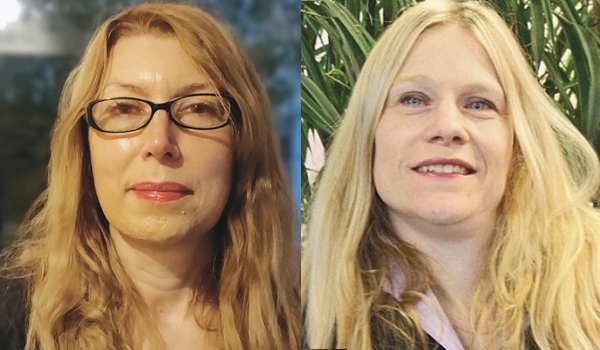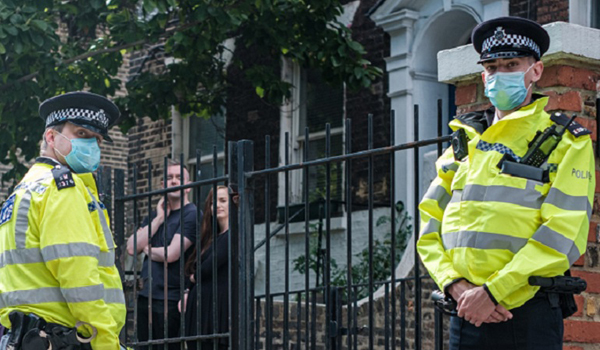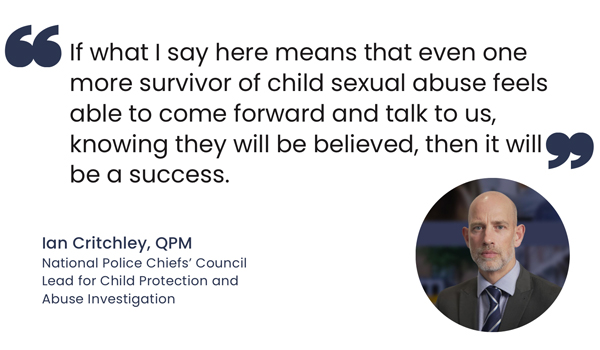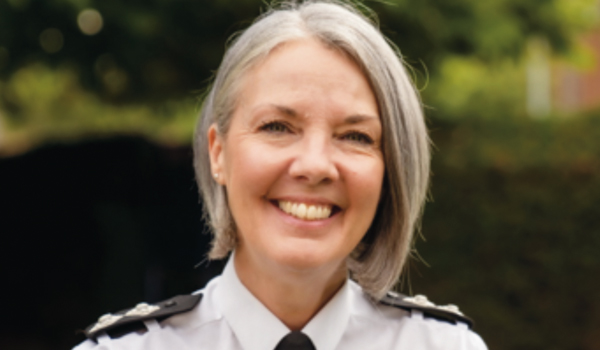VAWG – a year of ‘significant strides’
Deputy Chief Constable Maggie Blyth reflects on the police’s fight to tackle violence against women and girls one year on from taking national role
An anniversary is often a good time to reflect, but it feels even more appropriate as a new Government is gearing up and I look ahead to our first assessment of police progress in tackling violence against women and girls (VAWG) later in Autumn.
My role was created from a recommendation by Her Majesty’s Inspectorate of Constabulary Fire and Rescue Service’s (HMICFRS) interim inspection report into the police response to violence against women and girls. It was born from a recognition that national coordination and consistency of response across our 43 forces was required to ensure that the change that is needed takes place.
I feel it is pertinent to remind readers of some stats that drive me forward. A woman is killed by a man every three days in the UK. Domestic abuse makes up 18 per cent of all recorded crime in England and Wales. In the last year there were 194,683 sexual offences, of which 70,330 were rape.
These stats speak for themselves, they are also the motivation for us in policing to ensure that VAWG is an absolute priority. While there is an indication that women are feeling more confident in coming forward and reporting to police, the numbers are a reality check to anyone who may think this is not an epidemic.
A year in and there have been significant strides within policing. We have mobilised all police forces in England and Wales to put the fight against VAWG at the centre of their work. Every single force now has an action plan to increase action against dangerous perpetrators, build women’s trust and confidence and help make spaces safer for all women. These plans are all based on the joint strategy released by the NPCC and the College of Policing in December 2021.
The outgoing Home Secretary Priti Patel made a commitment to include VAWG in the Strategic Policing Requirement. This means, once confirmed, it will be treated on the same level as terrorism and child abuse, where I believe it belongs.
This summer I updated HMICFRS on the progress we have made since my appointment. You can read my update to them here. While we have much further to go, I am optimistic about the change that is happening in policing. Some fantastic work is taking place across the forces, I could pick many examples but here are a few:
- Rapid video response is helping to improve timeliness in domestic abuse cases in Kent. Officers have been able to use video technology to virtually respond to calls which have been risk assessed and considered suitable. By having instant contact with a victim, an officer can also implement immediate safeguarding and referrals to partner agencies to provide protection to vulnerable people.
- West Yorkshire Police have introduced a range of initiatives to scrutinise investigations and outcomes. They are taking a victim-centred approach and improving the use of protective and preventative tools and orders, ensuring victims feel confident in their interaction with the police.
- The Metropolitan Police Service have been working to create safe spaces for women and girls from all backgrounds, including their Walk and Talk initiative where Female officers walk the streets of London with women from the community to listen to experiences, concerns and reflections.
I said from the start that honest, objective assessment of our collective action under the VAWG framework will be critical to making sure we actually change for women and girls and make them safer. Over the next two months, my team will be assessing a range of data and information from police forces to give a picture of where policing is in its fight to tackle VAWG. This will also set the baseline from which we will improve.
We will publish this assessment in late November and with experts in the VAWG sector, policing and government we will scrutinise and act on what it tells us. There’s more information here on how we will report on progress.
I anticipate the first data release in November will make for difficult reading, but this is exactly why we must continue. Policing is committed to change but it will not happen overnight. This is a long term project. It’s by lifting stones and analysing objectively that we find the ways to improve.
The next phase of our plans will look at partnership working, across the criminal justice system and society. Policing has a key role of going after the violent men who commit these awful crimes but we cannot arrest our way out of the societal issues that lead to this behaviour. For significant and long-term change, the root of the problem needs to be addressed too and other sectors must step up to the plate.
In March next year we will have our first threat and risk assessment for VAWG, this is the first-time policing will have this in place and it is a further commitment to the change we know is needed.
The momentum we have gained over the last 12 months must continue. We cannot let the hard work and engagement be a flash in the pan. I joined at a watershed moment, and we must work to ensure the police but also the media, government and society does not let it fall into the shadows. I say this as a direct ask to the new Prime Minister and the new Home Secretary: I want to work with you so we keep VAWG high on the agenda and we make change.
Over the past 12 months I have met with hundreds of women from across the VAWG sector and within policing to understand and listen to their fears and experiences. I want to thank every single one of you for your bravery and commitment. We cannot do this without you. I want to take the opportunity to ask women and girls to contact their forces, share your experiences, give your feedback and be part of the change. We are listening to you, and we want to do better for you.
I have always said it is a privilege to be in this position, I will be going forward into my second year with the same enthusiasm and want for change.
DCC Maggie Blyth is the National Police Chiefs’ Council Violence Against Women and Girls Coordinator.

